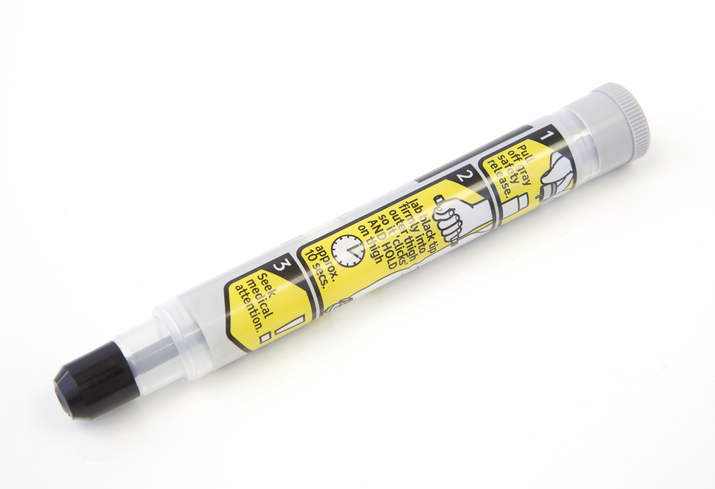
Abstract
Introduction
Lipid transfer proteins (nsLTPs) are ubiquitous allergens. Patients affected by nsLTP syndrome experience symptoms to various plant-derived foods, ranging from local manifestations to anaphylaxis, the critical treatment of which is represented by self-administration of adrenaline. The principle aim of this study is to assess how dietary recommendations influence the occurrence of new and severe cases and if poly-sensitization to different nsLTPs may play a role. We also investigated about the appropriate use of adrenaline auto-injector during the episodes of anaphylaxis. Moreover, we examinated how other features (ie, co-sensitization to profilin and PR-10 and the presence of risk co-factors) affect these events.
Materials and methods
We evaluated 78 patients allergic to nsLTPs, investigating adherence to diet and ability to use the adrenaline auto-injector. Number of sensitization to nsLTPs, co-sensitization to other panallergens, and presence of risk factors for new reactions were also assessed. Diagnosis was based on clinical history and positivity to in vivo and in vitro tests. During the follow-up, compliance, diet modifications, and new reactions were noted, and re-training for the use of epinephrine auto-injector was performed. At the last visit we evaluated the patients’ ability to use the self-injector.
Read more...







